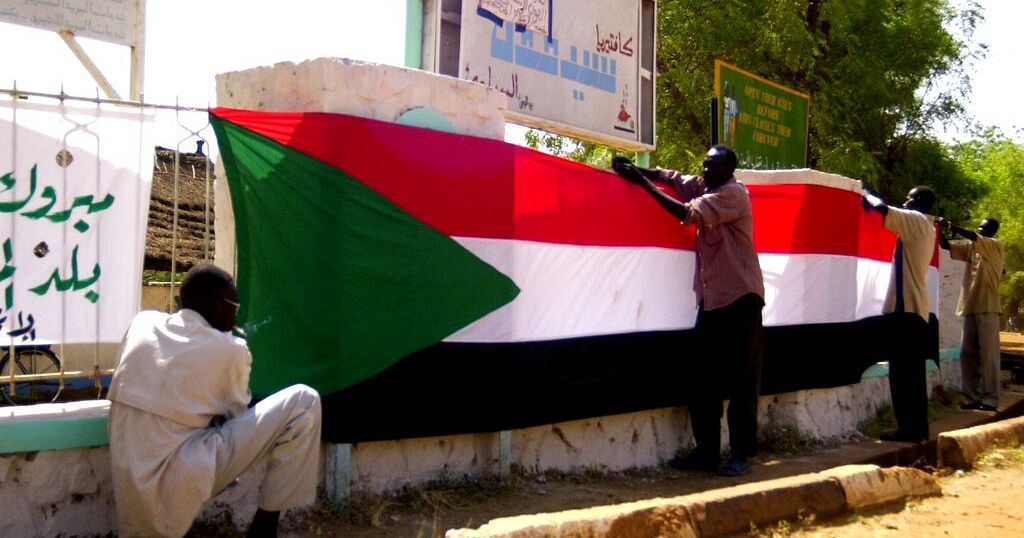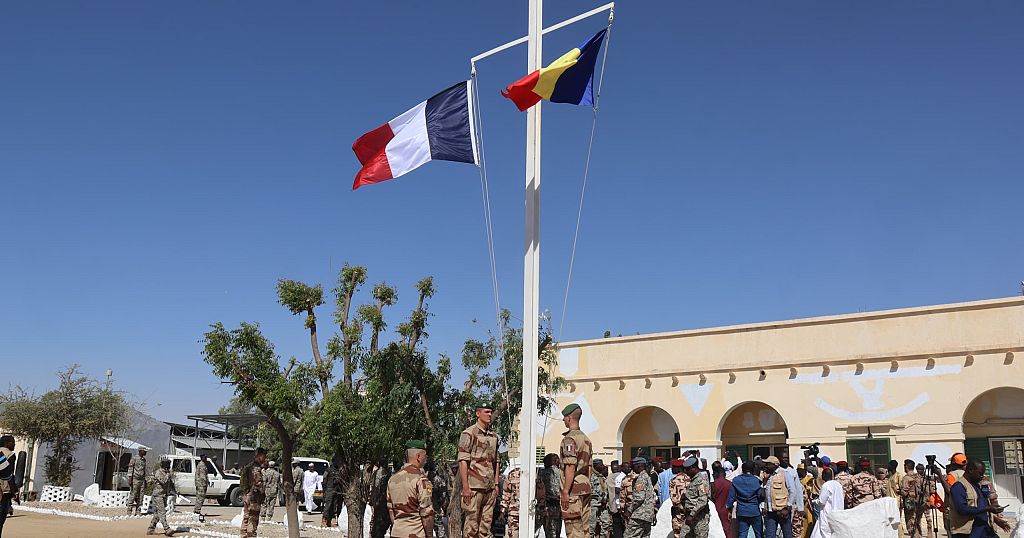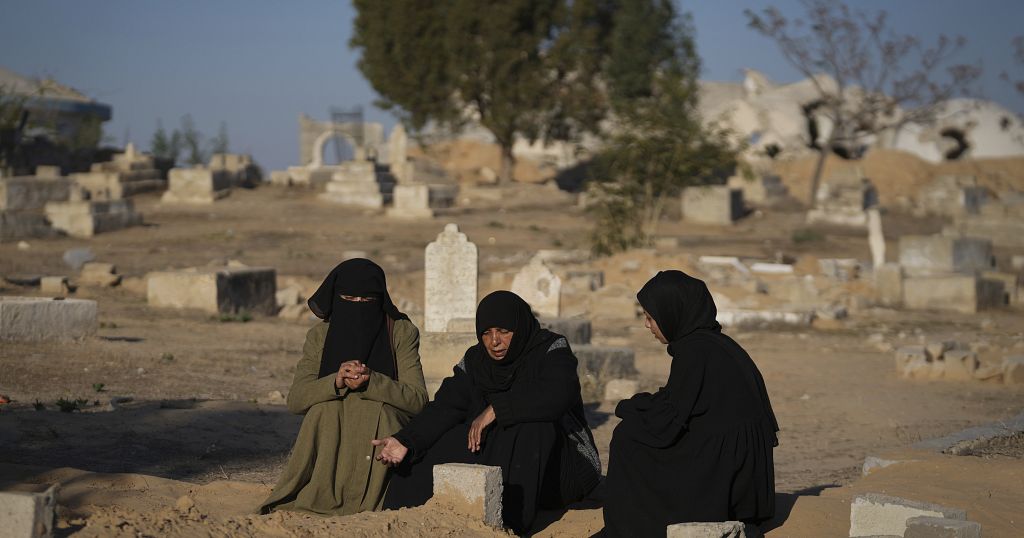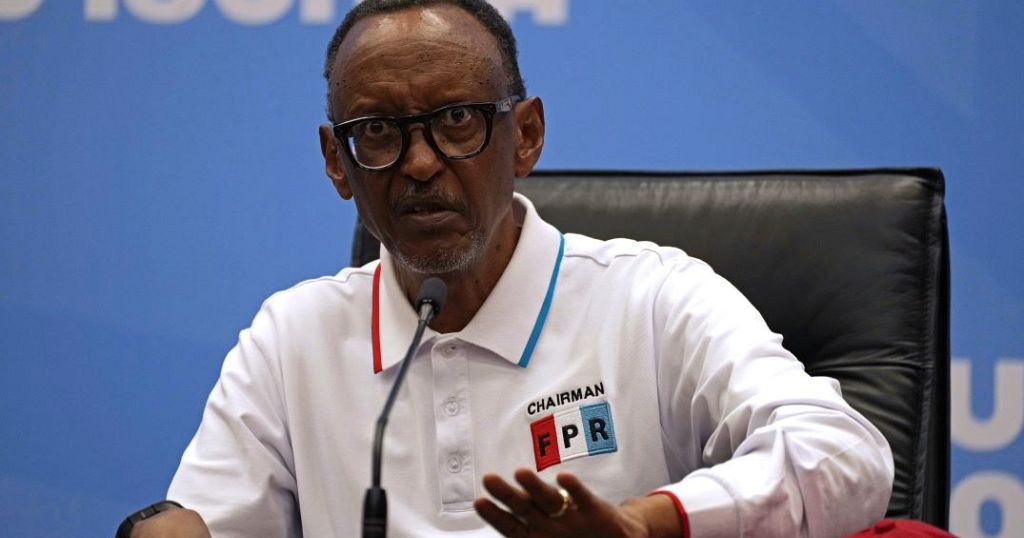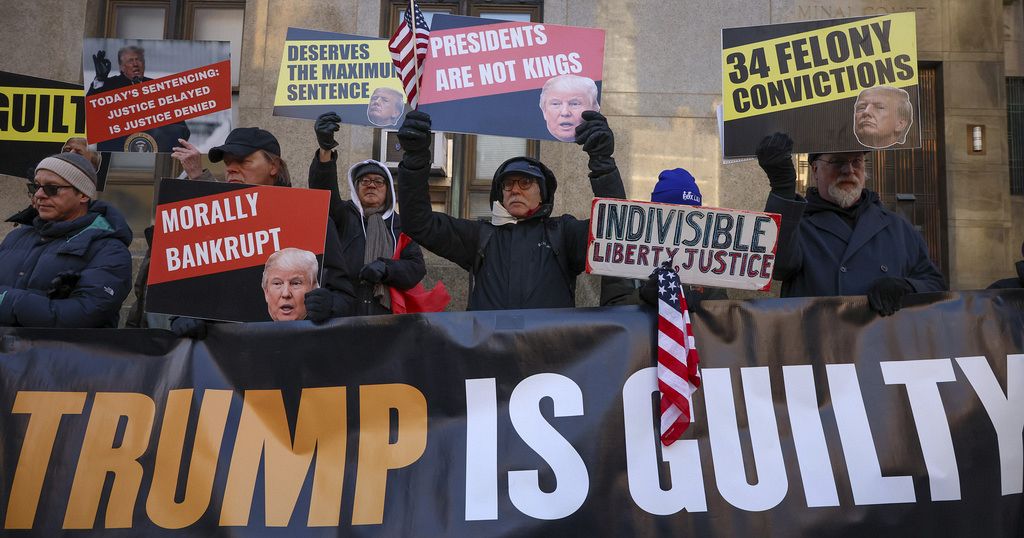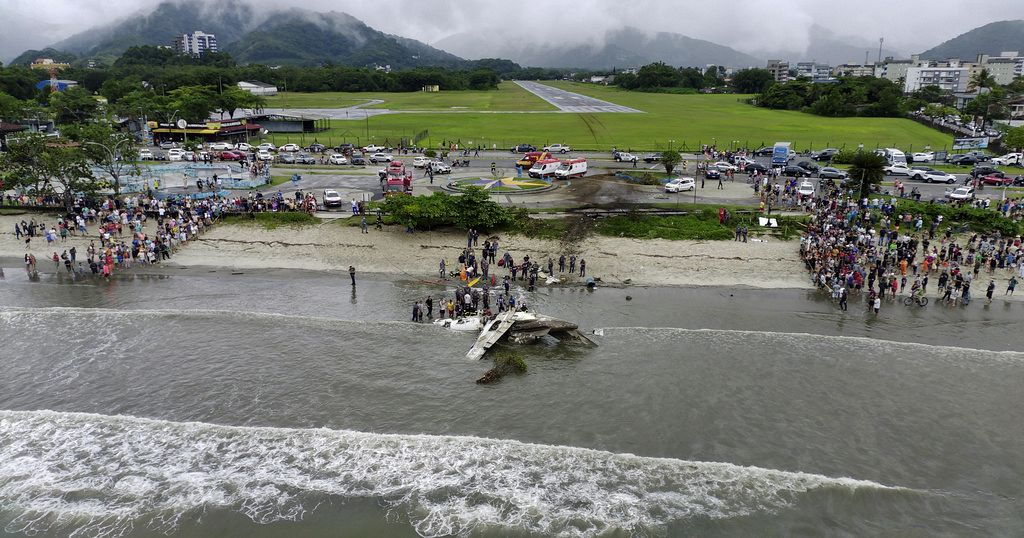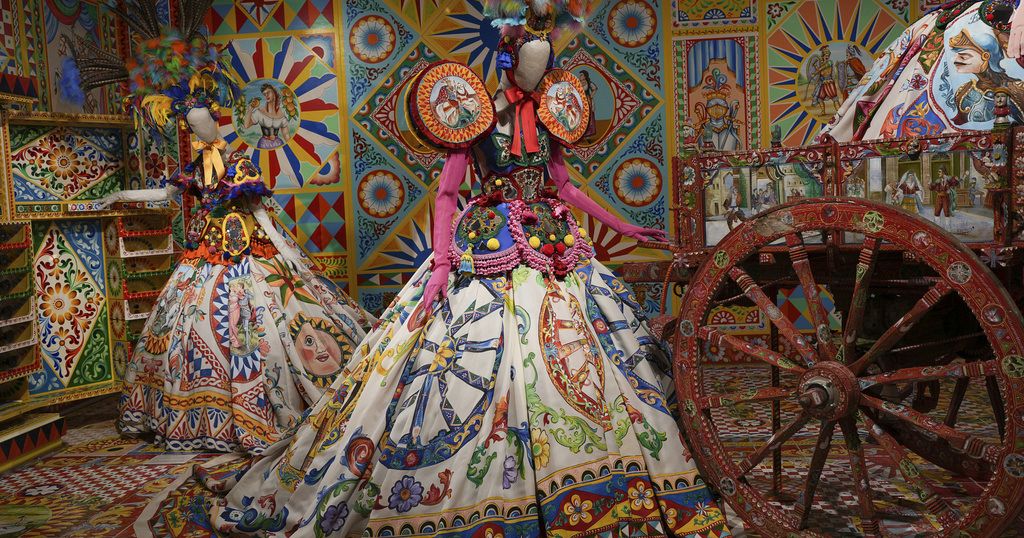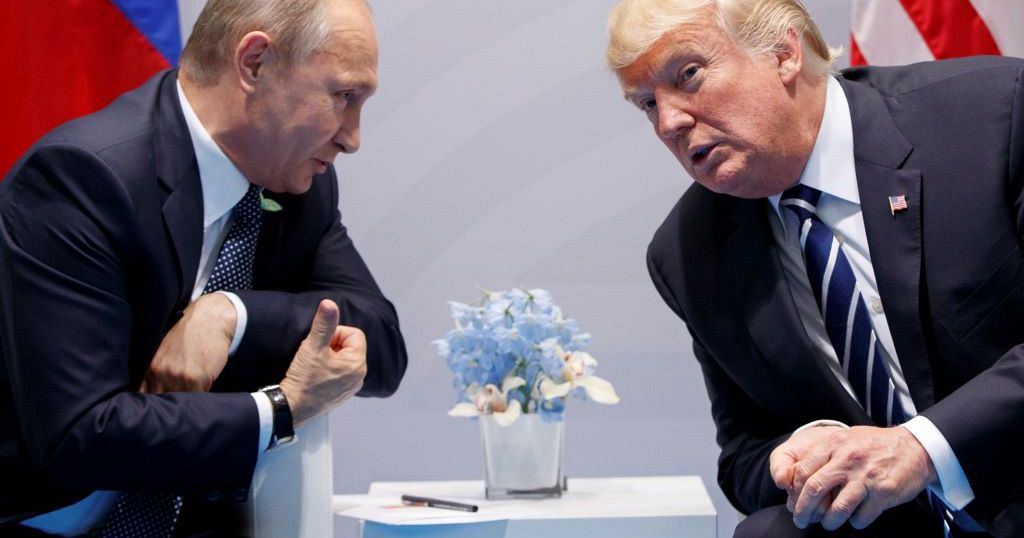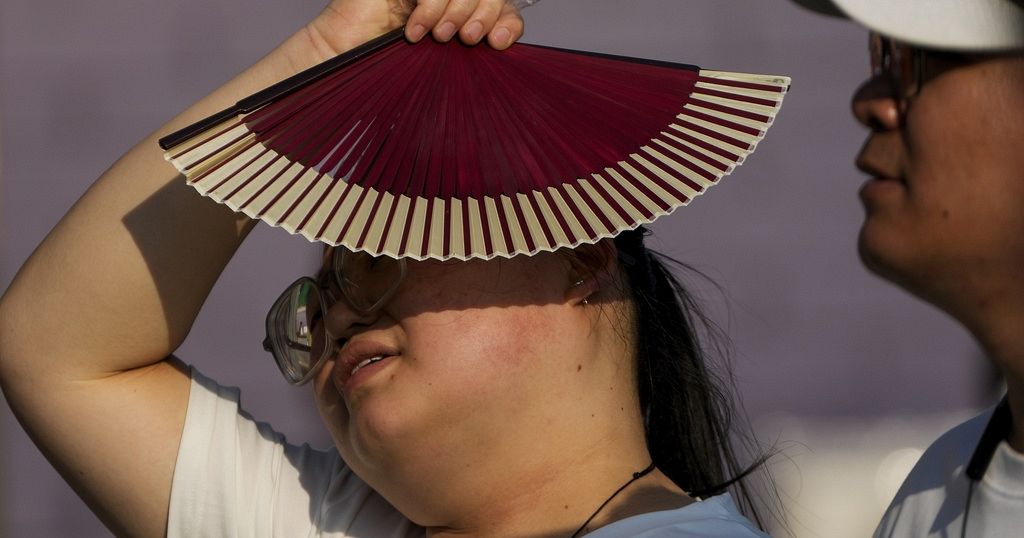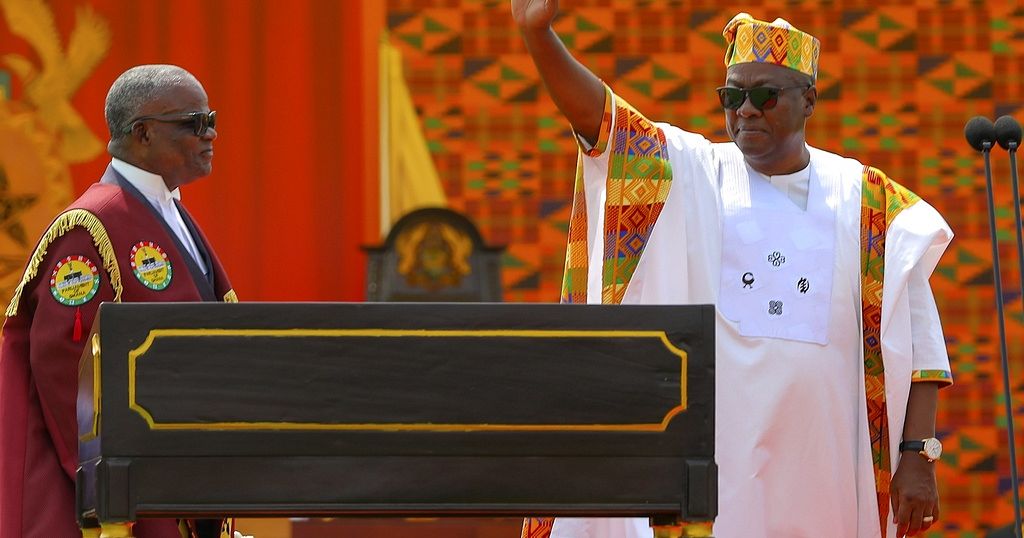Economic crisis casts a shadow over celebrations in Nigeria
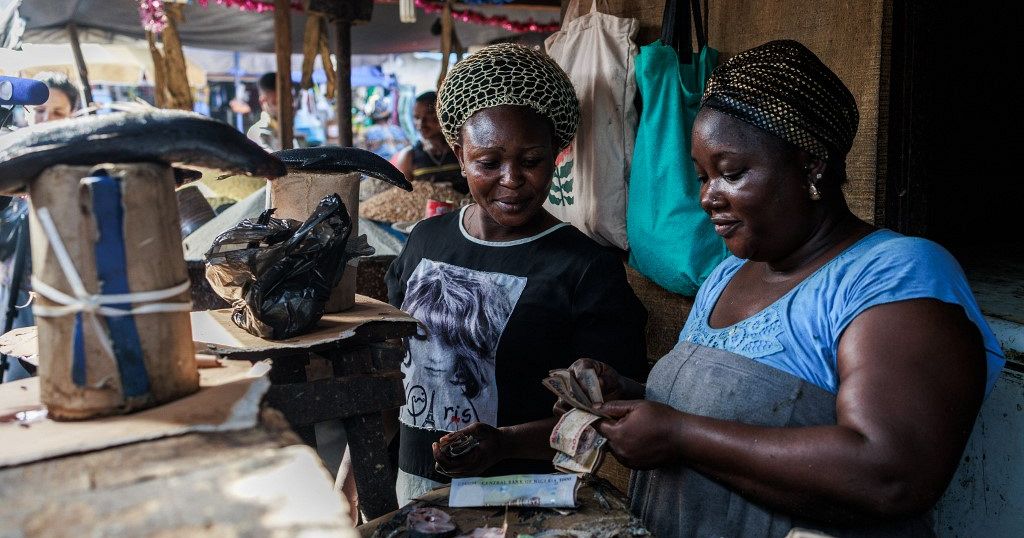
The festive spirit is overshadowed by rising prices, economic reforms, and the increasing struggle of millions in the country.
In Lagos, a crowd gathers in the scorching sun at the Assumption Church, waiting for the distribution of food items just days before Christmas. The items, including rice, dried beans, tomato paste, and cooking oil, accompanied by a 500 naira note, bring a momentary relief to those grappling with the soaring costs of essentials.
Christana Adebaya, a 58-year-old who traveled from Ikorudu, expresses the difficulty of waiting for hours under the sun. **_”It’s very tough to wait for hours, in full sun, at my age, but I’ve come to get rice for Christmas and New Year because food is too expensive now,” s_**he explains.
The increased demand for aid is evident, with Dominic Ekle, the president of a Catholic association involved in the distribution, noting a significant rise compared to the previous year. The economic challenges have driven more people to seek assistance during the holiday season.
Father Francis Ike, observing the growing poverty, remarks, “We don’t need a prophet to understand that poverty is increasing day by day. Even the rich are complaining, so imagine what the poor are going through.”
The economic challenges stem from ambitious reforms initiated by President Bola Ahmed Tinubu, who took office in May. The decision to end fuel subsidies and liberalize the naira has led to a triple increase in fuel prices, a substantial devaluation of the naira, and a notable surge in food prices, according to reports from the World Bank.
The repercussions of these economic shifts are keenly felt as Nigerians prepare for the holiday season. In markets like Obalende, traders report slower business due to the exorbitant prices, making the festive atmosphere seem distant.
Melody Samuel, opting for more affordable alternatives to rice, comments, “We really don’t feel like it’s Christmas.” The economic constraints are not only affecting food choices but also impacting the ability to purchase gifts, particularly for families relying on incomes from sectors hit hard by the economic downturn.
Despite the government’s effort to subsidize bus ticket prices, enabling families to reunite during the holidays, the overall sentiment is one of financial strain. Solomon Zakariah, director of a bus company, emphasizes the need to prioritize family time over profit, acknowledging the challenging circumstances faced by many Nigerians.
As the nation navigates these economic challenges, the festive season takes on a different tone this year, with economic concerns casting a shadow over the traditionally joyous celebrations. The resilience of the Nigerian people in the face of adversity is evident, but the hope for brighter economic prospects remains a shared aspiration as the country ushers in the new year.
Source: Africanews


